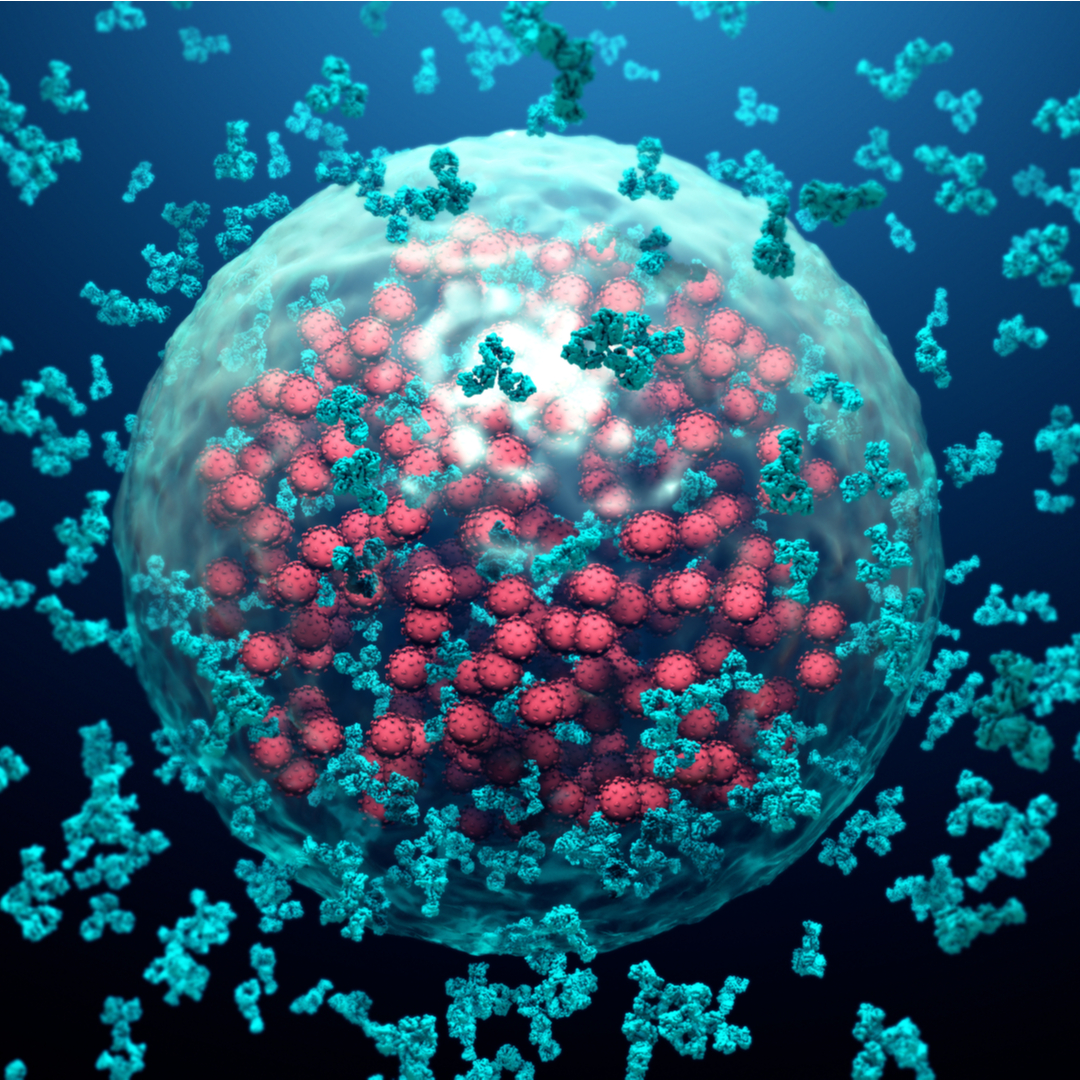Persistent Zika Virus Clinical Susceptibility despite Reduced Viral Burden in Mice with Expanded Virus-Specific CD8+ T Cells Primed by Recombinant Listeria monocytogenes
Authors: Ashley R. Burg, John J. Erickson, Lucien H. Turner, Giang Pham, Jeremy M. Kinder and Sing Sing Way
Abstract Vaccines against Zika virus (ZIKV) infection that target CD8+ T cells are of considerable interest because Abs may enhance infection susceptibility. However, whether CD8+ T cells are protective or promote susceptibility to clinical infection symptoms remains uncertain. To more precisely investigate ZIKV-specific CD8+ T cells in isolation, we engineered a Listeria monocytogenes-based vector to express a single MHC class I-restricted immune dominant peptide, E294-302, from ZIKV envelope protein. We show accumulation of activated ZIKV-specific CD8+ T cells primed by recombinant L. monocytogenes is associated with reductions in circulating virus levels after ZIKV challenge in type I IFN receptor-deficient mice and wildtype mice administered neutralizing Abs against type I IFN receptor. Interestingly, susceptibility to ZIKV clinical infection including weight loss and mortality each persists and is neither significantly improved nor worsened compared with isogenic L. monocytogenes-primed control mice. These data demonstrating persistent ZIKV clinical susceptibility despite reduced viral burden in mice with expanded virus-specific CD8+ T cells highlights the need for targeting other adaptive immune components in developing vaccines against ZIKV infection. Reference: Ashley R. Burg, John J. Erickson, Lucien H. Turner, Giang Pham, Jeremy M. Kinder and Sing Sing WayJ Immunol July 15, 2020, 205 (2) 447-453. Retrieved from https://www.jimmunol.org/
Product Highlights:
The authors used Bio X Cell's anti-mouse IFNAR-1 (clone MAR1-5A3) in this research study.

